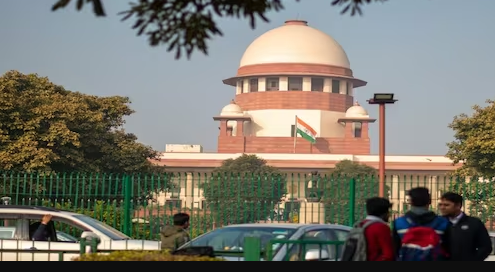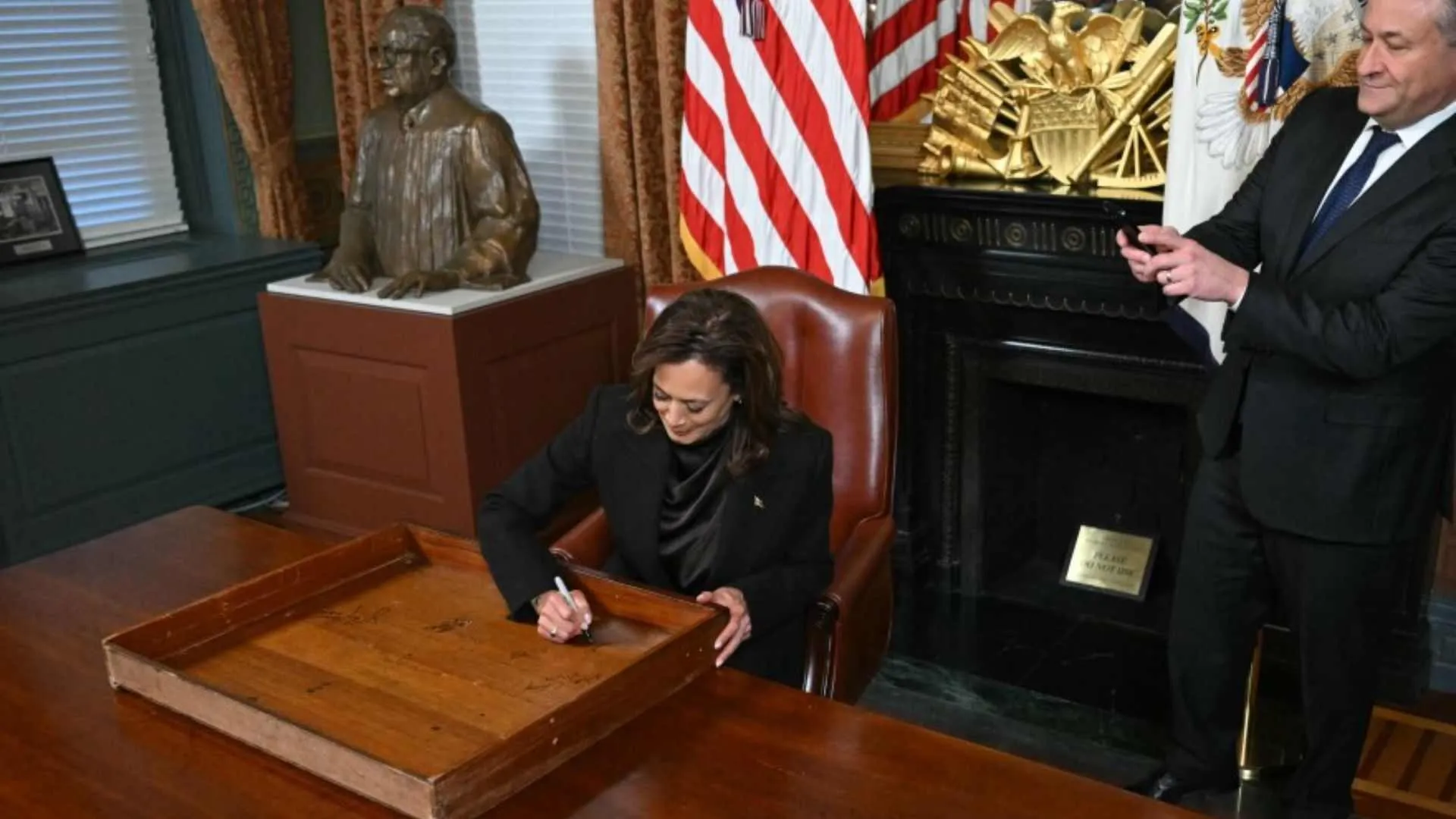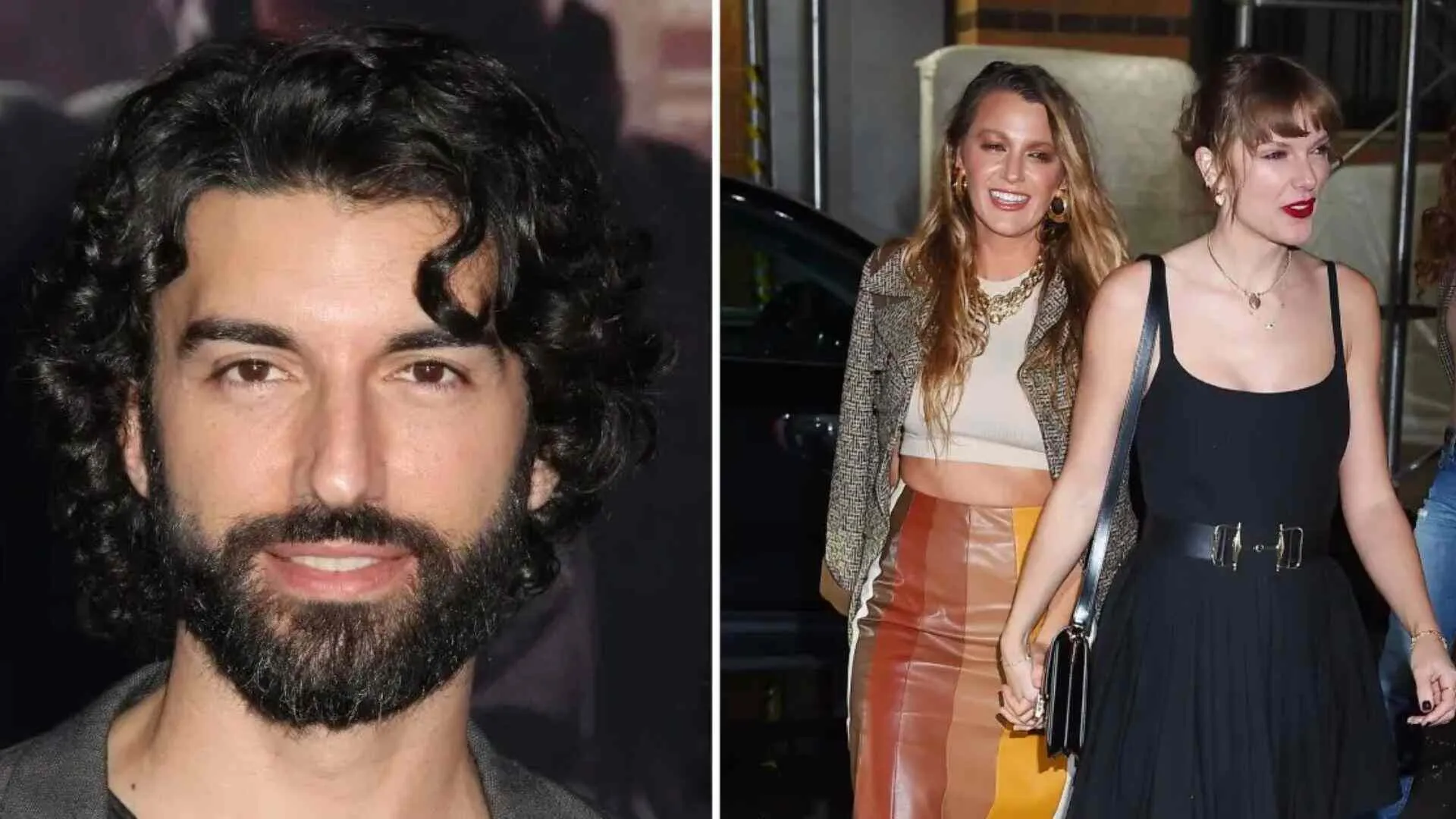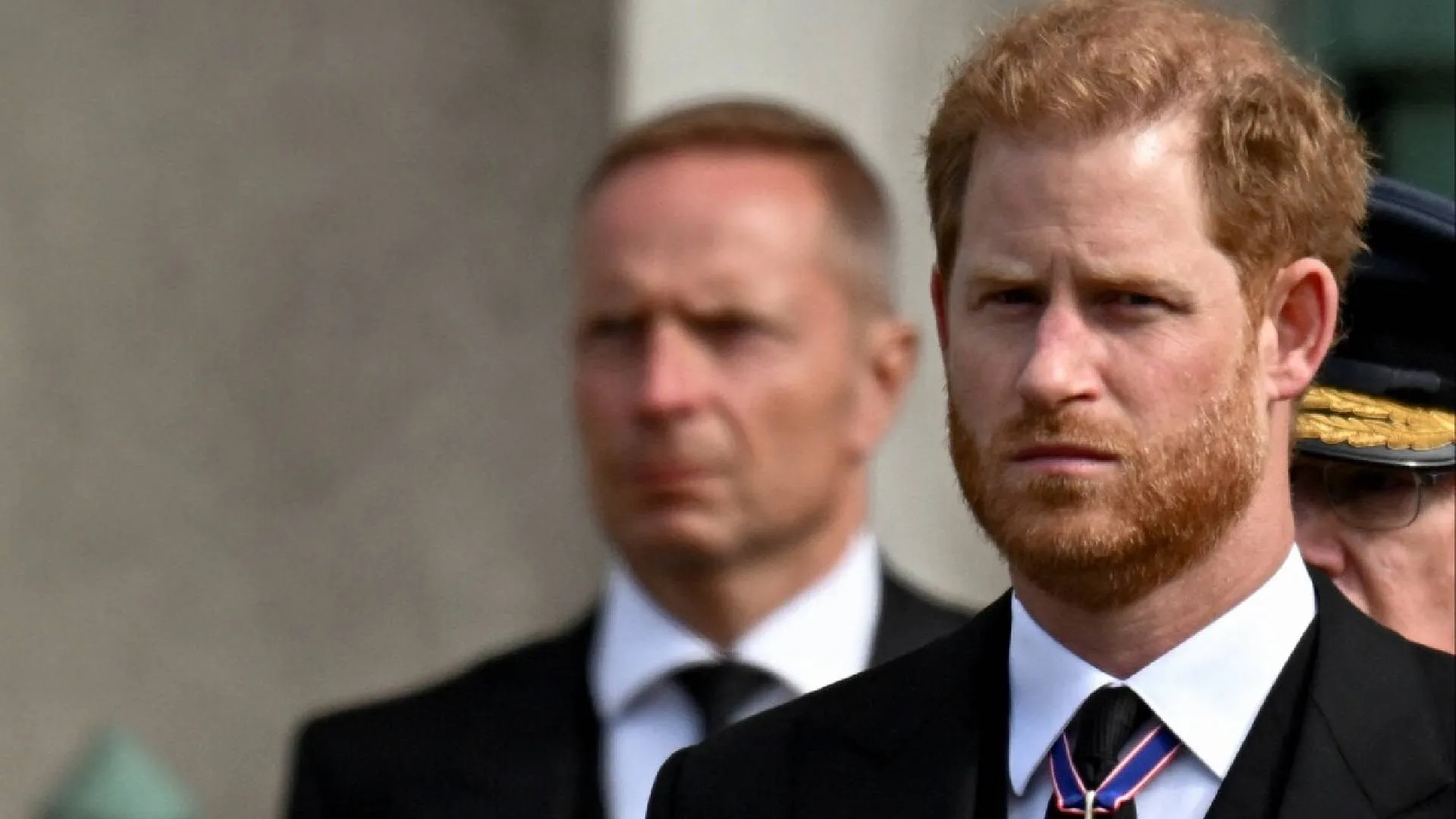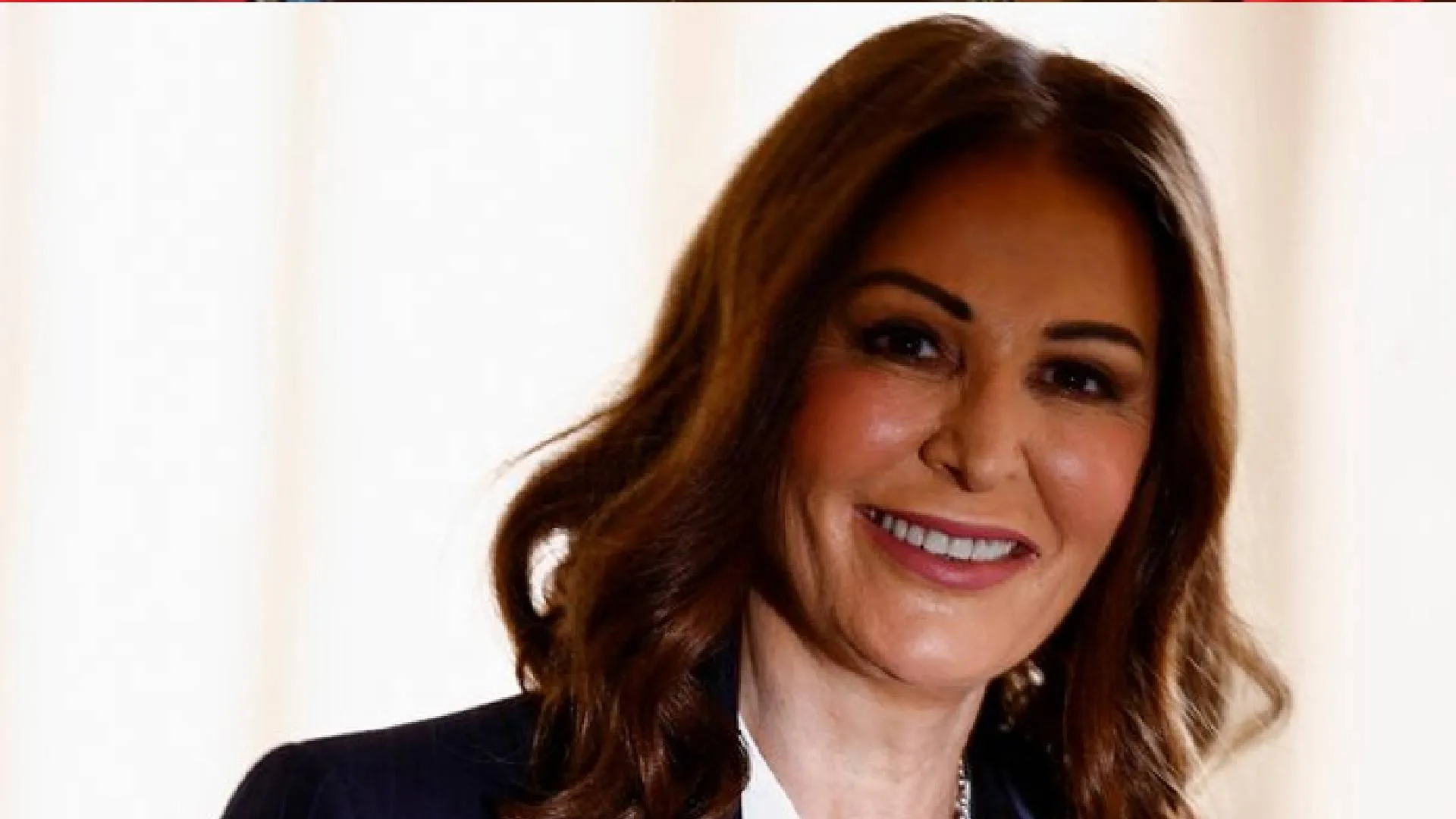Due to the indisposition of two of the five-judge Supreme Court Constitution Bench, the Supreme Court Constitution Bench will not hear several petitions seeking legal recognition of same-sex marriage on Monday.
The Constitution Bench, led by Chief Justice DY Chandrachud, stated on Thursday that it will hear numerous petitions seeking legal recognition of same-sex marriage from Monday to Friday. However, the Supreme Court has recently announced that due to the absence of Justices Sanjay Kishan Kaul and S Ravindra Bhat, the court will be unable to convene on April 24. The Constitution Bench, which includes the Chief Justice, Justice Sanjay Kishan Kaul, Justice Ravindra Bhat, Justice Hima Kohli, and Justice PS Narasimha, is hearing a slew of petitions concerning “marriage equality rights for the LGBTQAI+ community.”
On April 18, the Constitution Bench began hearing the petitions.
The Supreme Court is hearing several petitions seeking legal recognition of same-sex marriage. The petitions have been rejected by the Centre. One of the previous petitions mentioned the lack of a legal framework that permitted members of the LGBTQ+ community to marry whoever they wanted. According to the petition, the pair sought to enforce the fundamental rights of LGBTQ+ people to marry whoever they chose, claiming that “the exercise of which should be insulated from the disdain of legislative and popular majorities.”
The petitioners further asserted their fundamental right to marry each other and requested that this Court issue appropriate directives allowing and enabling them to do so.

